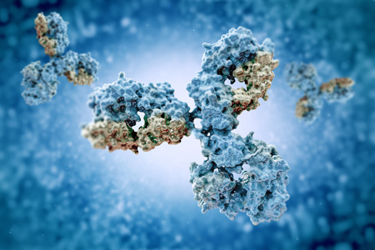Quantitation Of Monoclonal Antibodies In Serum: New Technologies ECL, Gyrolab, And LC-MS/MS Vs Gold Standard ELISA
Prepared By Beata Talar, Ph.D., Team Leader, Senior Clinical Analytics Specialist

This article explores the challenges and considerations in developing and validating LBAs and chromatographic methods for PK assessment of mAbs. These include selecting appropriate reagents, establishing assay sensitivity and specificity, optimizing sample preparation and analysis conditions, and ensuring assay robustness and reproducibility. In addition, the author emphasizes the importance of incorporating appropriate controls and standards, as well as implementing quality control measures throughout the assay development and validation process.
The utilization of PK assessment methods across various stages of drug development, encompassing bioequivalence studies, biosimilar development, and post-approval monitoring, are also covered in the article, underscoring the necessity for precise and dependable PK data to underpin decision-making in these domains. The piece also examines the benefits of these methods compared to traditional ELISA and addresses the considerations and hurdles in their development and validation. Moreover, it stresses the significance of selecting the suitable assay type for quantifying specific mAbs and the role of advanced LBA platforms such as Gyrolab.
Access the article in its entirety for a thorough examination of the utilization of LBAs and chromatographic methods for PK assessment of mAbs. Individuals seeking a deeper comprehension of these subjects and their application in biologic and biosimilar manufacturing, drug development, and bioprocess manufacturing controls will discover this resource informative and worthwhile.
Get unlimited access to:
Enter your credentials below to log in. Not yet a member of Outsourced Pharma? Subscribe today.
